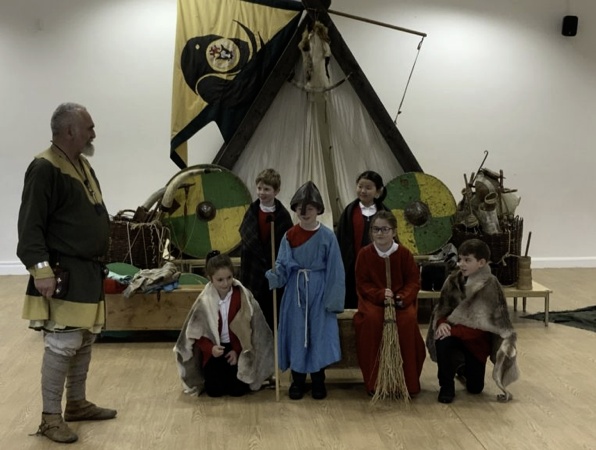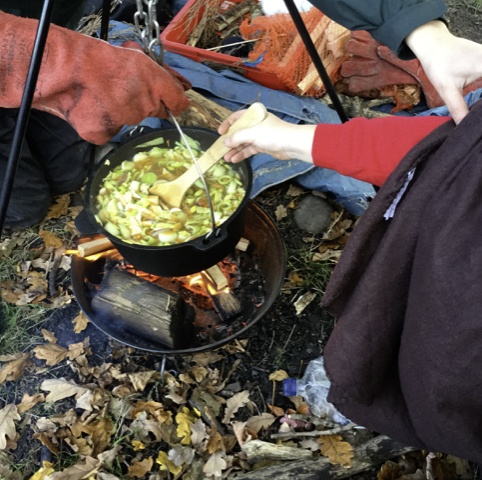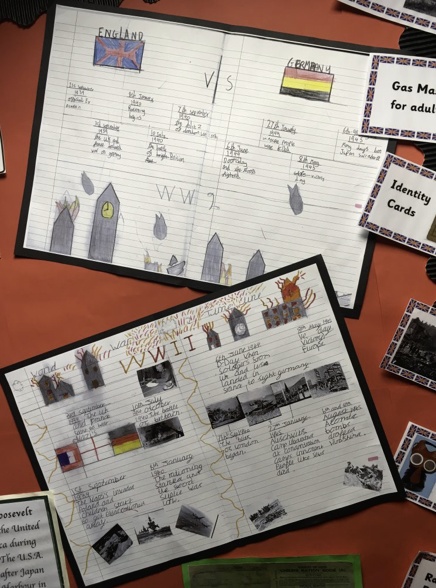
History
Subject Lead: Mrs Stephanie Hampson
History is a valued part of the curriculum at Lever House. We strive to provide learning opportunities that spark children’s curiosity and inspire them to learn about real people who lived in the past and about real events, set in a context of time. We offer children the opportunity to broaden their skills in all areas of History through a varied experience of the subject.
Our teaching encourages pupils to ask perceptive questions, think critically, weigh up evidence, explore arguments, and develop perspective and judgement. History helps pupils to understand the complexity of people’s lives, the process of change, the diversity of societies and relationships between different groups, as well as their own identity and the challenges of their time. For pupils working at the Foundation Stage there is great emphasis on children gaining knowledge through first-hand experiences. Pupils learn to investigate, be curious, be enthusiastic, experiment, solve problems, pose questions and adopt appropriate language through play, continuous provision and exploration. Pupils are given the opportunity to explore the similarities and differences between themselves and others and among families, communities and traditions.
The National Curriculum determines the history content and key skills for KS1 and KS2. Long term plans clearly map out the themes covered across Year A and Year B. In addition to outlining the themes to be covered, the plans ensure an appropriate balance and distribution of skills being taught. History objectives have been linked to each theme to ensure full curriculum coverage and children are also given the opportunity to apply their historical skills and knowledge to other curriculum areas.
Teachers use the Lever House History Scheme of work with objectives from our very own Lever House Progression document, to ensure that all parts of the 2014 National Curriculum Programme of Study are taught. The delivery of history is supported by the use of Museum Loans, Library loans, visits to historical places of interest, visits to museums and visitors coming into school to talk about the past. EYFS follow a one year rolling programme. KS1, LKS2 and UKS2 follow a two year rolling programme. To ensure progression teachers are required to build on children’s earlier experiences and take into account the needs of the children in their particular class.





